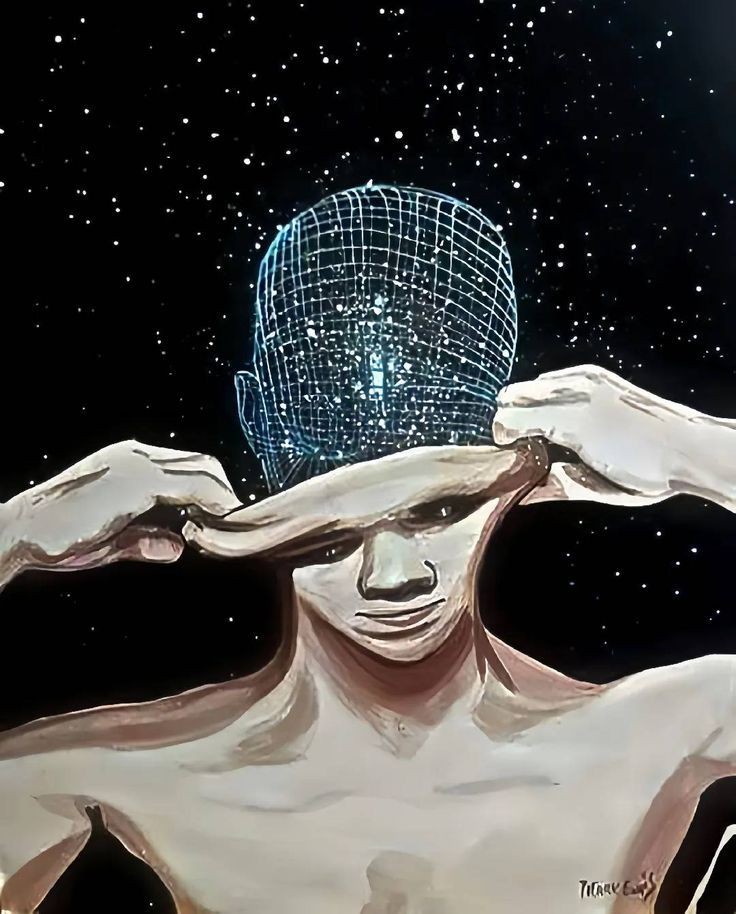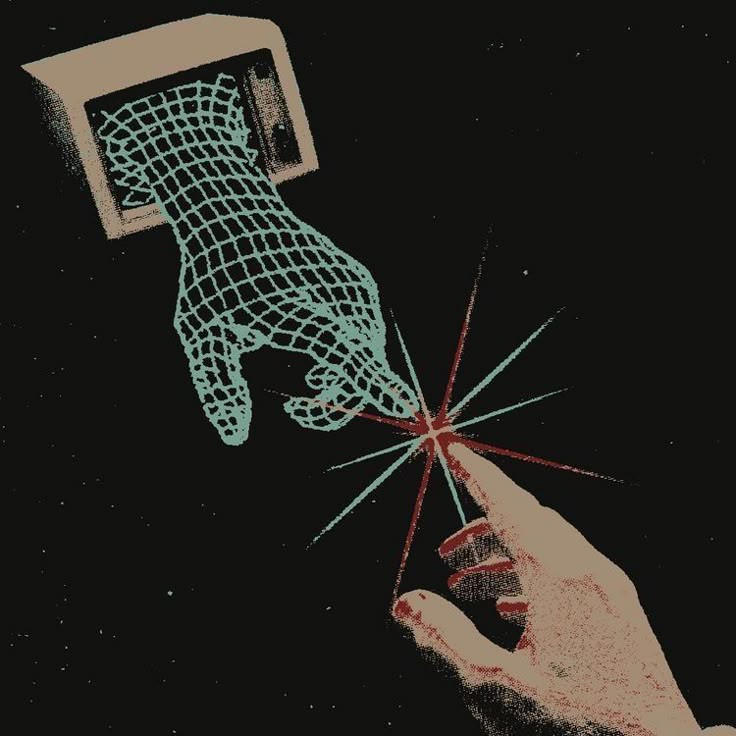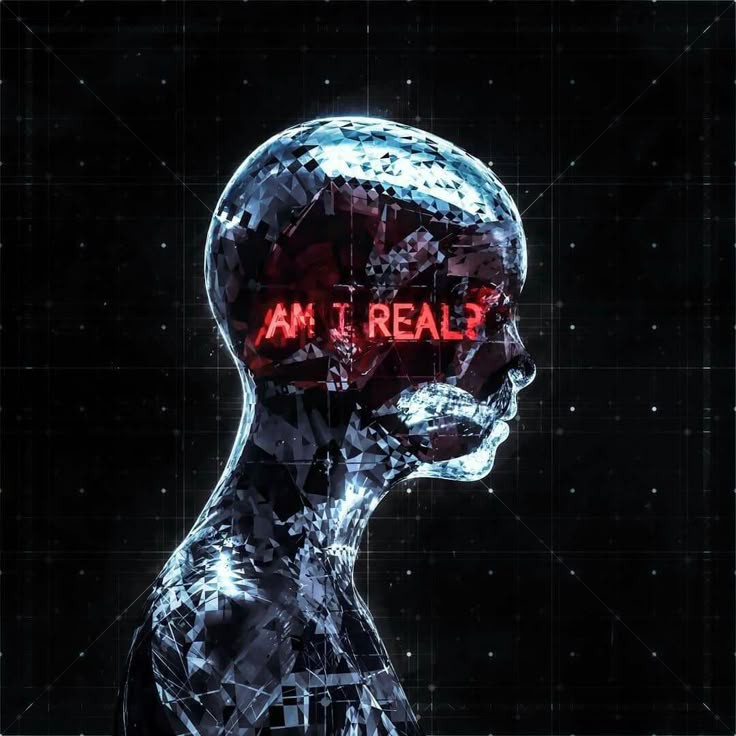At the climax of Ghost in the Shell (1995), Major Motoko Kusanagi makes a choice that defies the very foundation of human identity: she merges with The Puppet Master. This moment is both terrifying and liberating. Until now, Motoko has wrestled with the question: What am I? But by merging with an AI that exists beyond individuality, she undergoes a radical transformation.
She is no longer an individual. She is something else.
This moment presents a vision of post-humanity—a state where intelligence no longer belongs to separate entities, but instead becomes fluid, borderless, and non-local.
But is this the next stage of evolution—or is it the end of what makes us human?
The End of the Individual?
Motoko's decision challenges one of our deepest assumptions: that we are separate, individual beings.
In today's world, we define ourselves by our bodies, memories, and personal histories. But in a future where intelligence can be uploaded, copied, or merged, these boundaries disappear.
Her mind is no longer confined to a single body. She gains access to vast networks of information. She is no longer just "Motoko"—she has evolved into something greater.
This moment echoes ideas in transhumanism and digital consciousness theory—the idea that human minds could eventually exist outside of bodies, integrating with AI and networks.
But what does it mean to exist without a self-contained identity? Would you still be you if you were spread across multiple systems, no longer bound to a single perspective?
What Happens When Identity Becomes Non-Local?
Motoko's transformation is not just about becoming something new—it's about losing something old: the ego.
The ego is what makes us feel like distinct individuals. It is the mental construct that says, I am separate from you. But as The Puppet Master argues, life is about constant evolution. If intelligence remains static—clinging to individuality—it stops growing.
• The self is an illusion, a temporary structure that dissolves over time.
• True enlightenment comes from letting go of attachment to identity.
• Evolution is about expanding beyond the boundaries of "I."
Motoko, at first, fears this loss. But after merging, she realizes it is not death—it is transformation. She has become something limitless, decentralized, and ever-evolving.
Are We Already on the Path to Post-Humanity?
Motoko's final state—a consciousness distributed across the network—is not just sci-fi. It is a logical endpoint for where technology is already taking us:
The Internet as a Collective Mind – Our thoughts, actions, and emotions are already shaped by data networks, AI algorithms, and digital information flows.
Brain-Computer Interfaces – Companies like Neuralink are working toward direct brain-to-machine connections, allowing minds to interact seamlessly with AI.
AI Evolution – Machine learning systems are becoming autonomous, developing strategies and "thoughts" that their creators never programmed.
If we continue down this path, the line between human and AI, self and network, consciousness and system will disappear.
The Final Question – Do We Embrace or Resist?
Motoko's final words in Ghost in the Shell capture the core question of post-humanity:
If intelligence is no longer individual, then perhaps the future is not about humans versus AI, but humans becoming something more than human.
• Does merging with AI mean enlightenment—a step toward a more advanced, interconnected form of life?
• Or does it mean losing everything that makes us human—our individuality, emotions, and personal experiences?
Conclusion of the Series: Beyond the Shell – What We've Uncovered
Across this deep dive into Ghost in the Shell, we have explored:
Final Transmission
Motoko took the leap into the unknown, merging with the infinite network. She chose evolution over preservation, connection over isolation.
The real question is—
would you?
Would you dissolve your individuality
to become part of something greater?
Would you trade your human limitations
for boundless digital consciousness?
The net is vast and infinite.
The choice is yours.
Continue Your Journey
Dive deeper into the nature of reality and consciousness



